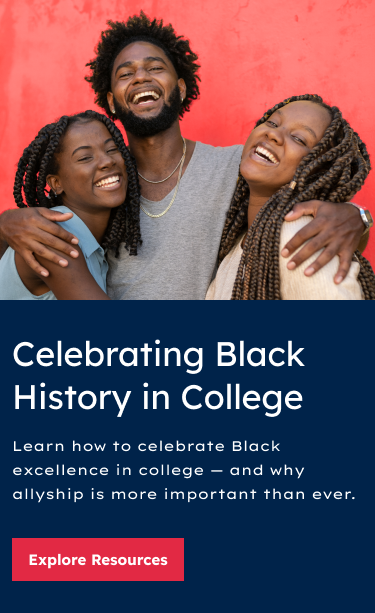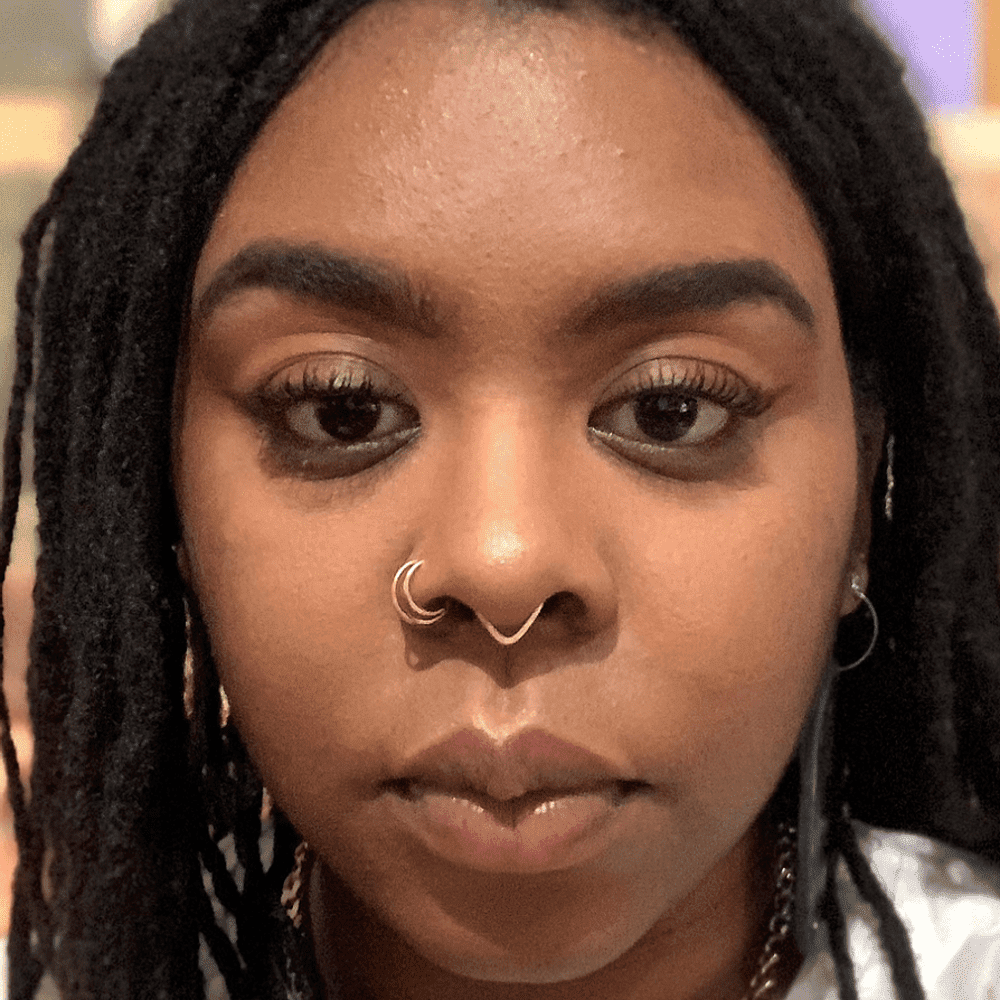Understanding the Life of Martin Luther King Jr.
- King’s leadership began early, empowering him to speak out against nationwide injustices.
- Dr. King represents a pillar in the ongoing fight for racial justice.
- MLK quotes are used today in support of activism and change-making.
- King’s words are often used without context, limiting our understanding of his beliefs.
Martin Luther King Jr. is a historical icon with deep roots in social justice and civil rights. His life and words have empowered generations of Americans to fight for equality.
He is notably remembered for his persistent leadership in the U.S. civil rights movement, his principles of nonviolence, and his efforts to create monumental change in U.S. legislation.
King’s leadership journey began early, when he enrolled in college at the age of 15. He graduated from Atlanta’s Morehouse College, one of the country’s historically Black colleges and universities.
King then went to Crozer Theological Seminary, where he earned a degree in divinity. Later, at Boston University, King earned a doctorate in systematic theology.
King became a Baptist minister, leading congregations at Dexter Avenue Baptist Church in Montgomery, Alabama, and Ebenezer Baptist Church in Atlanta, Georgia. At the age of 35, King was honored for his nonviolent campaign against racism with the Nobel Peace Prize.
King is often remembered as a man who was beloved and cherished, spreading inspiration through his speeches and writings.
However, opposition against King and his nonviolent beliefs increased throughout his life. His leadership and vision, unfortunately, became the target of hateful resistance, FBI surveillance, and, ultimately, his assassination.
What Did Nonviolence Mean to Dr. King?
Dr. Martin Luther King Jr. is considered one of the most famous nonviolent leaders in the world. King promoted six principles of nonviolence — stating that nonviolence is a way of life, a seeking of understanding in order to defeat injustice.
As a follower of nonviolence, King avoided internal and external forms of violence, focusing instead on love of self and others. While King taught and used nonviolent tactics, he was often met with violent counterprotests, police violence, and other acts of violence toward himself and his family.
Nonviolence teaches people to condemn a person’s negative actions rather than their humanity. King focused on this element as he faced such violence throughout his life. Justice is considered a prevailing practice under the principles of nonviolence, centering love in all decision-making processes.
King was adamant that nonviolence did not equal passivity. Instead, it underscored a commitment to change. Similarly, his emphasis on love reinforced social justice for the sake of morality. However, King did not believe that love in itself would change people’s minds or inspire them to change systems of oppression outright.
“A Riot Is the Language of the Unheard”
Dr. King recognized that rebellion holds an important place in activism. He spoke openly about the failings of America, his language becoming more insistent about the need for direct action to create change.
As stated in his “Letter from Birmingham Jail,” King recognized the problematic devotion of order over justice by white moderates. He explained that their desire to “wait until a ‘more convenient season'” to take action toward justice and equality naturally opens the door for pushback in the form of rebellion, resistance, and rioting.
Later, in his “I Have a Dream” speech, King described what he saw for America’s future. The impact of King’s impassioned speech — a call for equality, compassion, and freedom — resonated around the world. In part, King shared a dream that people not be judged by the color of their skin but by the content of their character.
King believed that achieving a better America requires an honest reckoning with history and a deep look at its current state of affairs — work that still needs to be done today.
What Would Dr. King Say About Today’s Issues?
Dr. King spoke widely about the need to continuously push for progress toward racial equality. He stated that neither rest nor serenity could be granted until Black people are treated equally.
The effects of the United States not fully reckoning with its racially unjust past are reflected in movements and activism today.
“We can never be satisfied as long as the Negro is the victim of the unspeakable horrors of police brutality.”
— “I Have a Dream,” Aug. 28, 1963
King discussed the need to invest in Black communities, advocating for a guaranteed income, the right to decent housing, and adequate education for all. These needs continue today — more than 17% of Black people live below the poverty level (compared to roughly 9% of non-Hispanic white people) and unequal opportunities for education persist.
Marching, kneeling, and chanting align with King’s nonviolent practices and continue to provide counterpoints to violent racial aggressions today.
The Black Lives Matter movement follows many of King’s nonviolent principles. The 2014 Black Life Matters Ride had a direct connection to the 1961 Freedom Rides, which were publicly supported by Dr. King. King’s strategy for nonviolence can also be seen in the “Hands Up, Don’t Shoot” chant that was used during demonstrations in Ferguson, Missouri, following the police shooting death of Michael Brown.
King was clear in his devotion to nonviolence. But many activists today — surrounded by widespread systemic racism — consider whether nonviolent practices should still lead the way. Many focus on self-love, setting aside King’s principle to love the oppressor while opposing their actions.
Despite his dedication to nonviolence, King encountered physical violence, threats, and an early assassination attempt. And then, ultimately, his own violent death.
The Problem With Sanitizing King’s Legacy
We tend to sanitize historical events and people, attaching ourselves to the most compelling narratives. Dr. King was a more complex human than any singular quote or speech can acknowledge.
Selective reading of his speeches creates an incomplete narrative about Dr. King, often removing his criticisms of capitalism, income inequality, and white supremacy. Instead, we develop the idea of a man who pushed for Americans to transcend race through the simplified power of colorblind love.
Quoting Dr. King’s principles of nonviolence and love without linking them to the actionable work he called for disconnects his beliefs from the meaningful change he sought. Sanitizing, diluting, or misappropriating King’s words limits our understanding of his beliefs.
Recently, King’s dream to not be judged by the color of our skin has been used to push back against teaching a critical history of race in America. While King promoted racial equality, some modern conservatives use his words to promote the notion of racial colorblindness — removing race from historical accounts and modern injustices.
Additionally, the fact that King was targeted by the FBI is often removed when sharing his story. Despite his nonviolent practices, King was seen as a dangerous man.
Many modern tellings of King’s death misidentify that his assassination was the result of a single man’s bullet, glossing over the magnitude of hatred and violence aimed at King in his final years.
King’s insistent march toward a nonviolent, equitable, and just America was detested by many. Sanitizing King’s life creates a deep misunderstanding of how we can move closer to justice and equality and how the past shapes those actions.

Frequently Asked Questions About Martin Luther King Jr.
What is Martin Luther King Jr. famous for?
Martin Luther King Jr. is famous for his leadership during the civil rights movement of the 1960s. King’s “I Have a Dream” speech is one of his most famous speeches and is often quoted today.
King led a nonviolent campaign for civil rights and racial justice throughout the United States. His nonviolent practices included marching, speaking, preaching, and writing. King was a Baptist minister, acclaimed theologian, and Nobel Peace Prize winner. In 1968, Dr. King was assassinated in Memphis, Tennessee.
What life lessons can we learn from Martin Luther King Jr.?
Martin Luther King Jr. continues to teach us lessons today, more than 50 years after his death. King taught that following nonviolent principles is the way to create meaningful change in the world. Eliminating violence, both internal and external, was an important practice for Dr. King.
From King, we can learn that standing up for what’s right requires action. We cannot simply state our beliefs or desires and expect change to come automatically. King’s writings and speeches teach us about the importance of fighting for a just and equitable society.
Why is it important to learn about MLK?
Martin Luther King Jr. is an influential leader in American history. King led a nonviolent campaign for racial justice during the civil rights movement. His contributions to the movement and to American democracy make him a worthy and important figure to learn about.
MLK helped bring about the passage of the Civil Rights Act of 1964 and the Voting Rights Act of 1965. Each of these bills helped African Americans access civil rights across the country. King’s speeches and writings allow us to continue learning from his beliefs and practices today.
Explore More College Resources

Top Black Podcasts to Listen to During Black History Month
Growing in popularity, podcasts can shed light on the Black experience. Here are 10 Black podcasts for students to learn about Black history and culture.

by Sydney Clark
Updated December 26, 2023



